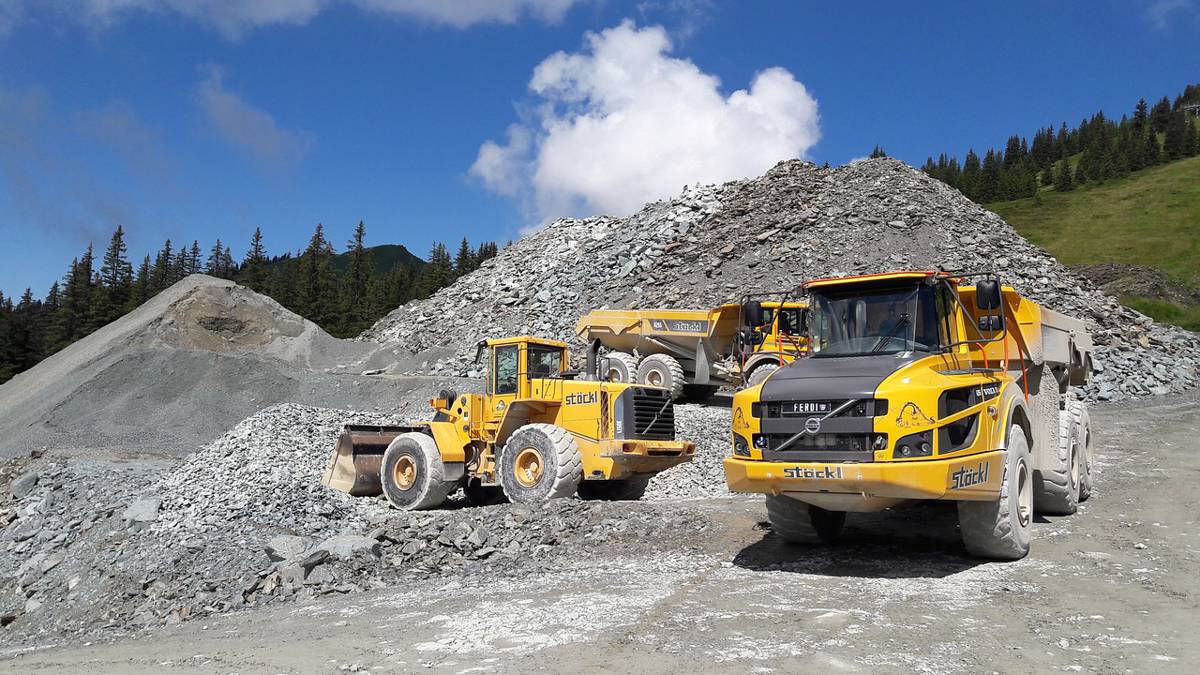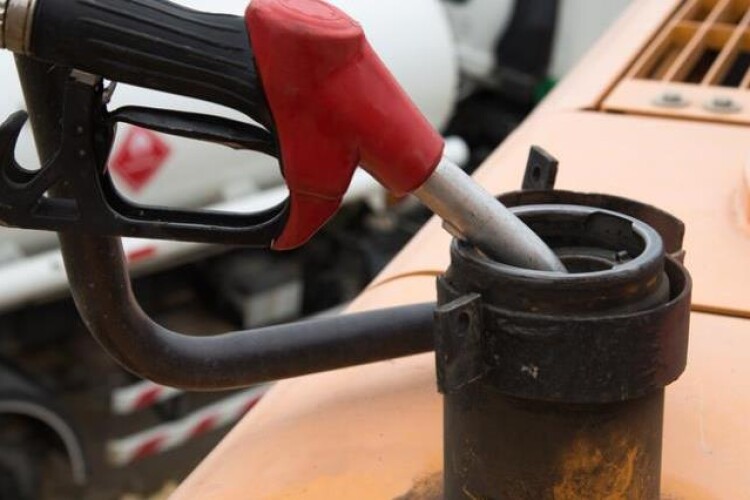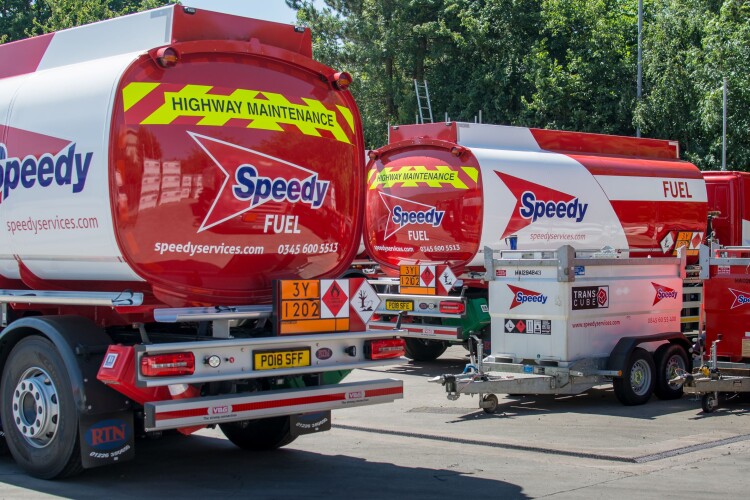Rental owners need to move away from simply going with their gut and make more informed decisions on fleet management that are supported by hard data. That was the view of a recent article published on Rental Equipment Register (RER).
The piece highlights how rental inventory is a firm’s single largest investment. As a result, owners should treat their role like that of a stock portfolio manager, managing their fleet with care to ensure it delivers sufficient returns and keeps operations profitable.
Developing a successful fleet management strategy can be more straightforward than it seems. As a general rule of thumb, having a good-looking fleet, and not a tired one, really matters. If a fleet is in good condition, it’s more likely to be taken care of by customers and employees. This reduces repair and maintenance costs – and buoys your reputation.
Generally speaking, a fleet should have an average age of four to five years. In other words, half your fleet will be four to five years old or newer, and half of it older.
Rental businesses can maintain the current condition and average age of their fleets by reinvesting ten percent of the fleet’s original equipment cost (OEC) in new fleet purchases each year. While at the same time offloading ten percent.
This rule is known as maintenance capex. If you invest more, it’s called growth capex, which expands your fleet and revenue capacity.
The RER article gives the following tips for rental owners:
Use software to record and track data for each rental unit. This should include basic data on its brand, model, year and serial numbers, plus its acquisition date and original cost; financial data such as repair and maintenance costs, rental rates and revenue generated; and usage data such as time on rent and missed rentals.
Keeping reliable records and monitoring hard data will enable you to continually evaluate the rental fleet.
The age of equipment shouldn’t be the only factor in influencing your decision to offload units from your fleet.
Your goal is to reduce the amount of under-performing assets in your fleet. This means drilling down on fleet data, first by category, then by unit. Highlight any troublesome or underperforming units, by looking out for red flags such as excessive repairs and maintenance, and low financial utilisation. Treat a single red flag like a warning sign. If you see two on a particular unit, it needs to go.
Post-pandemic, construction prices could come under pressure. Companies should establish a central monitoring function that can rapidly identify and respond to resource-allocation needs across their entire portfolio. Organisations that have transparency across their portfolios are much better positioned to optimise sourcing and other needs.
Highways Today focuses on how technology allows rental to be more efficient.
Learn moreLendlease’s plans for European construction sites feature in The Construction Index.
Learn moreIoT Business News reports on active off-highway vehicle telematics systems.
Learn moreOEM Off-Highway reports on advanced technologies used in heavy equipment.
Learn moreThe popularity of backhoe loaders continues writes ConExpo-Con/Agg 365 News.
Learn moreOEM Off-Highway runs a report from FederUnacoma on the Italian Ag equipment recovery.
Learn moreThe Construction Index features hire chain Speedy’s investment in fuel management.
Learn moreMany heavy equipment industries improved in quarter four 2020 reports OEM Off-Highway.
Learn more









